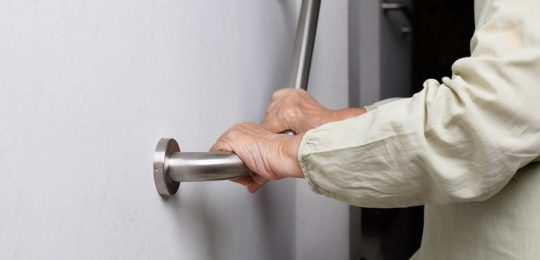 How In-Home Care Can Improve Quality of Life
How In-Home Care Can Improve Quality of Life
Santé Home Health and Rehabilitation offers a variety of services provided to patients in the comfort of their home to ensure they receive a compassionate continuum of care throughout their recovery. Services include nursing, physical, occupational and speech therapy, social workers and home health aides. In-home care can improve quality of life for those recovering from a hospital stay, fighting a terminal disease or nearing the end of life.
Read more










